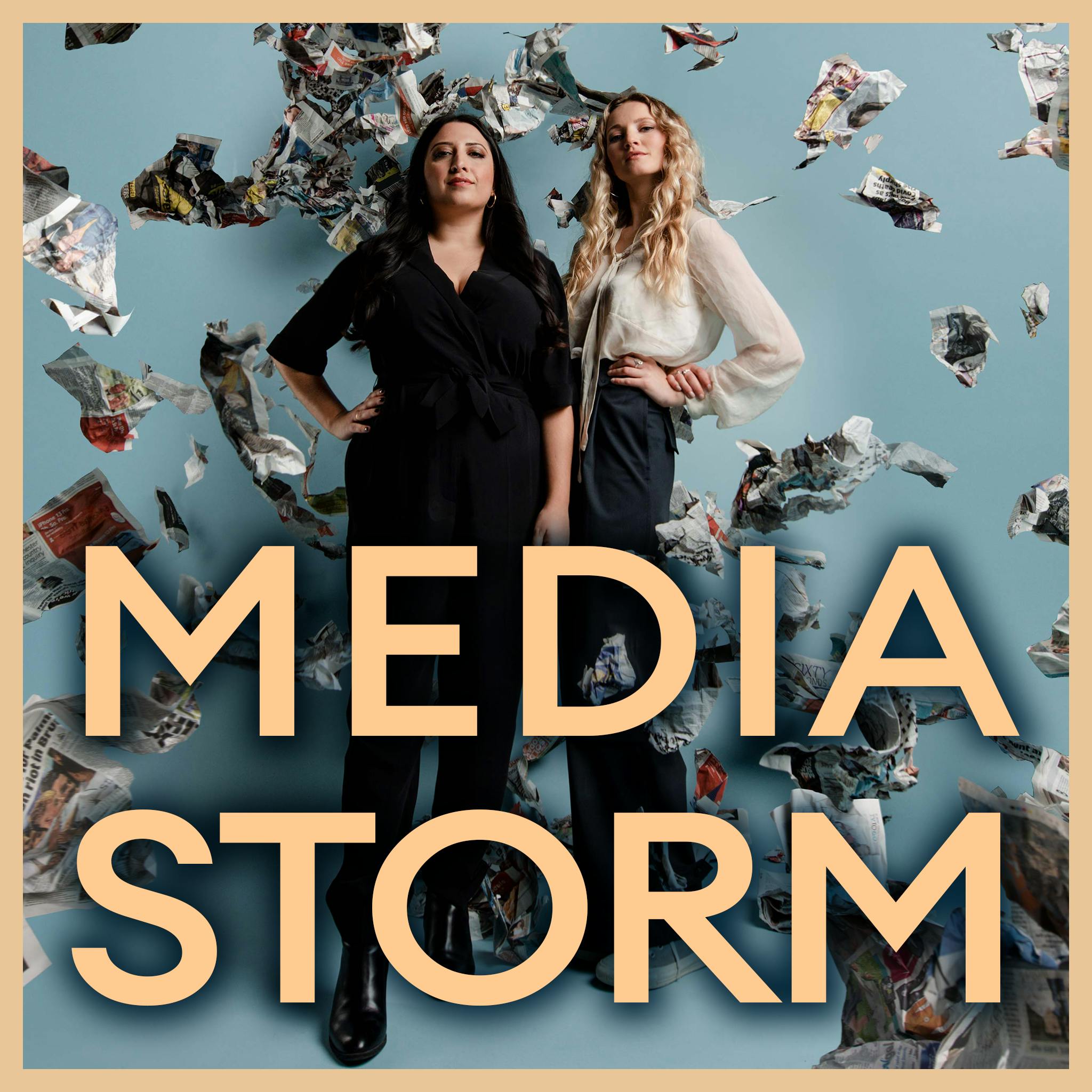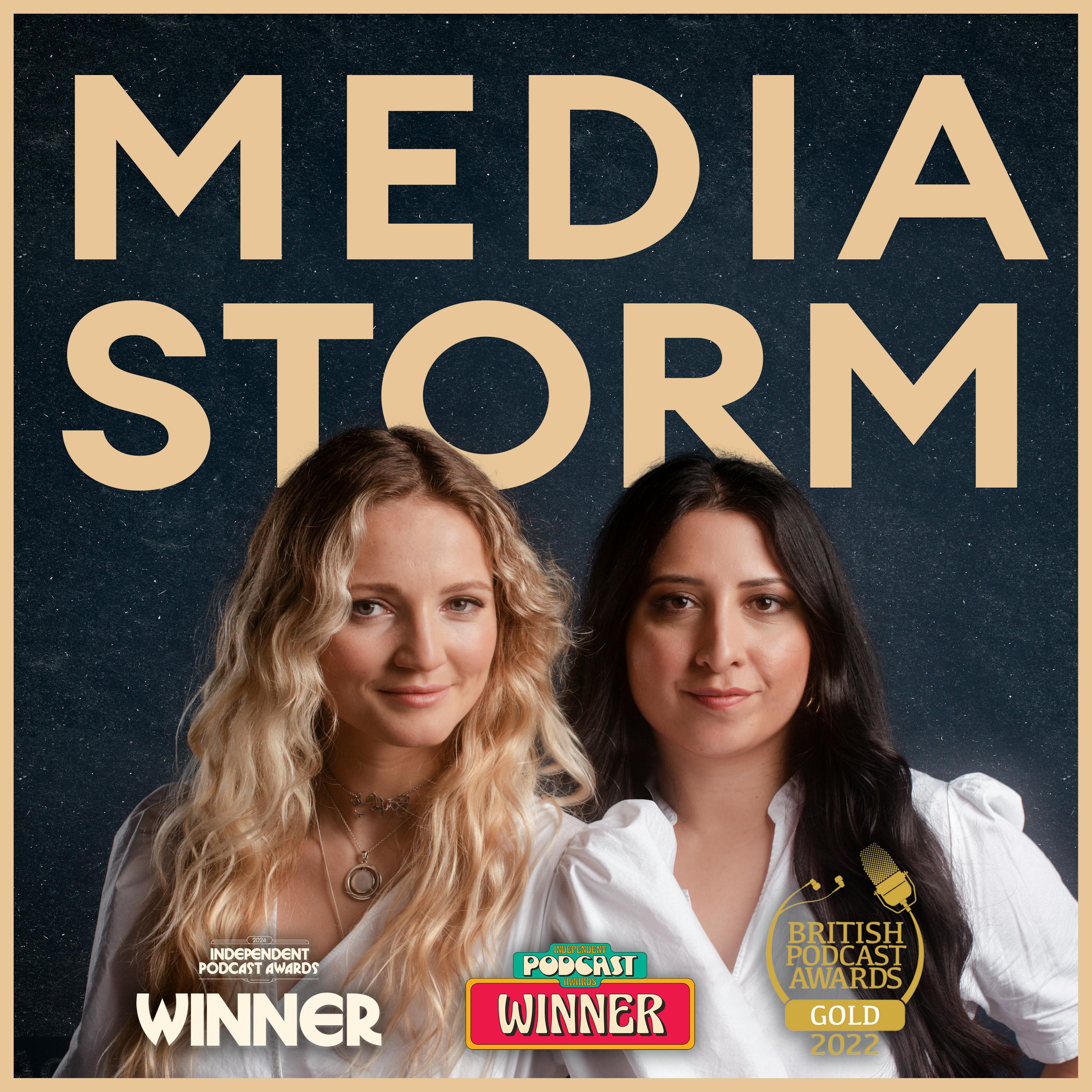
- Sanctions are controls or restrictions placed on countries or individuals to limit their freedom.
- Russia is the most heavily sanctioned country in the world, surpassing other top-sanctioned nations combined.
- Sanctions can be used as geopolitical tools, sometimes serving ulterior motives rather than humanitarian ones.
Shownotes Transcript
We live in the age of sanctions - with Trump dishing out punitive foreign policy willy-nilly, and Russia’s war in Ukraine attracting more sanctions then the next top-sanctioned countries combined. It’s time to ask: who are they really helping?
Activists often call on their leaders to sanction foreign governments they see as breaking human rights laws. We’re told that sanctions help protect civilians from their own, and neighbouring, oppressive regimes.
But when civilian voices are left out of the conversation, and coverage constantly fails to examine the impact on the ground, how do we know if this is really what’s happening? How do we learn from mistakes?
Because there are mistakes. Venezuelan sanctions today, like Iraqi sanctions in the 1990s, are estimated to have caused the deaths of tens of thousands of innocent people. Yet just this week, we’ve seen more introduced.
Media Storm speaks to civilians from countries around the world, and discusses the real-life consequences of sanctions with one of the leading reporters on the topic - and the few to have consistently centred civilian voices - Murtaza Hussain) from Drop Site News.
The episode also features Ilona Oleksiuk, from Ukrainian anti-fossil fuel group, Razom We Stand); Tata Chikviladze, Georgian journalist and protester; and Danielle Bett, Scottish-Israeli pro-democracy activist with Yachad).
The episode is hosted and produced by Mathilda Mallinson (@mathildamall)) and Helena Wadia (@helenawadia))
The music is by @soundofsamfire)
Support us on Patreon)!
Follow us on Instagram), Bluesky), and TikTok)
Learn more about your ad choices. Visit podcastchoices.com/adchoices)
